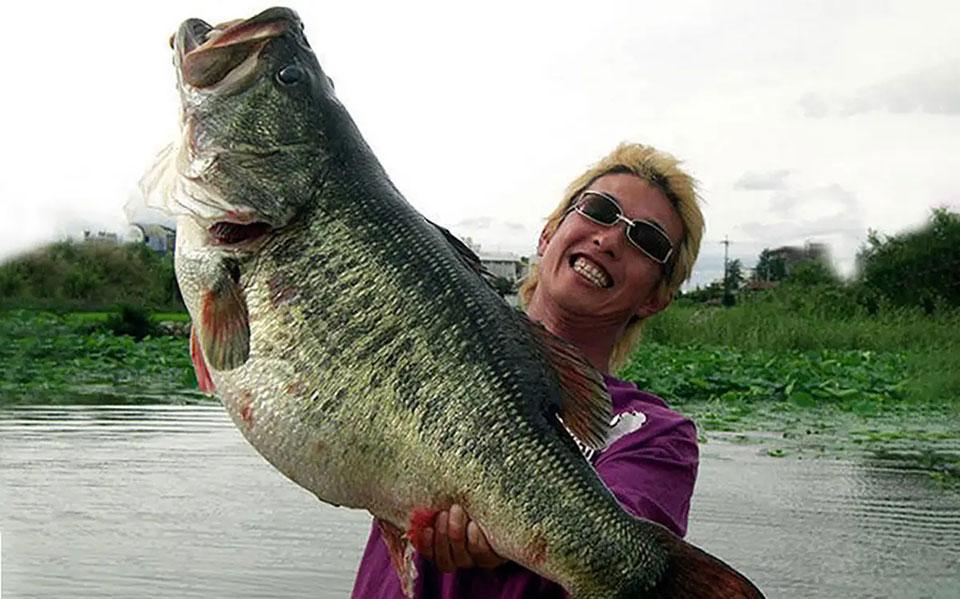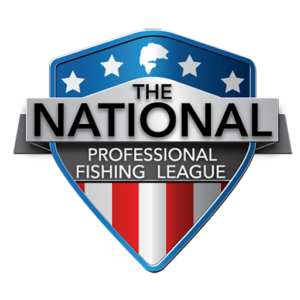Story by Ken Duke
If you love bass fishing, odds are you’ve dreamed of catching a world record bass. What would it be like to hook into a largemouth weighing more than 22 pounds or a smallmouth over 12? Obviously, you’d be envied by millions and featured on every fishing media platform. And eventually, the question becomes….
What would it be worth financially?
If you’ve ever wondered about that, you’re in the right place because I have the definitive answer.
“It depends.”
The economic value of a world record bass is not easily fixed because it depends upon a lot of factors. The first factor is which world record has been broken—largemouth, smallmouth, spotted, all-tackle, line-class, fly rod, junior? Let’s start here because this is the easy part.
The only world record in the black bass category that’s worth significant money is the all-tackle world record for largemouth bass … and by “largemouth bass” I mean both Florida bass (formerly Micropterus salmoides floridanus, now M. salmoides) and northern largemouth (formerly M. salmoides, now M. nigricans) combined. The records are now handled separately for the first time in major record-keeping history, and adjustments need to be made. You’ll need to eclipse the heavier of both marks.
(Note: We’ll get to the new species designations another time. For now, just know it’s a mess.)
Because the largemouth is far more widespread than any of the other black bass species, it’s of far greater interest, far greater economic impact, and far greater value in the marketplace. None of the other species comes close, so we’ll leave them out of the rest of this analysis.
Here are the other factors that will impact the value of a world record bass:
1. Who
The greater the pre-catch fame of the angler who catches the next record, the greater the economic value. Why? It’s because a celebrity already has a following and connections, already has notoriety, likely has a marketing and publicity machine in place to promote the catch, and likely has the skills to present himself or herself effectively. Without that notoriety and those skills, there’s a lot less bang coming from a new record.
But whoever catches it has a great story to tell … and sell to the highest bidder.
2. Where
A new record coming from the United States is worth more than a Japanese, African or South American record for a couple of reasons. First, America is bass central. It’s where most bass anglers live and fish, where most bass gear is sold, and where interest in bass is highest.
Second, an angler in the U.S. is almost certainly going to speak English, the language spoken by most bass anglers and the language best suited to communicate with the bulk of the bass market.
You’ll also want to catch your giant from public water … though there’s a chance that a fish from private water could be certified as a record. The problem is that a private water fish won’t likely get the respect needed to make a lot of money.
3. Tackle
If you want to cash in on a new record, you’ll want to catch that fish on an artificial lure made by a major manufacturer doing lots of business in the U.S. … or a lure of your own design that you can sell or license to such a manufacturer. The same goes for rod, reel and line. They need to be from big companies with a big presence in the U.S. if you want to get rich.
The worst thing you could do—financially—is to catch the record on live bait using a cane pole. There’s no endorsement money in that!
Another big element of the tackle factor is the potential for bounties on the record catch. Through the years there have been big bounties on a world record largemouth, most of them coming from tackle companies.
It’s a sad truth that a world record bass is worth less today—a lot less—than 20 years ago. Back then, not only was there more interest in a record (thanks largely to the number of giant fish coming out of California), but an organization called the Big Bass Record Club had an $8 million bounty on the fish. Those days are gone … at least for now.
4. Dead or Alive
If you can somehow keep your record bass alive after the catch and hold onto it for display purposes, it’s worth a lot more than if the fish dies or you release it back into the waters from which it came.
Let’s get financially mercenary here. A living fish can be sold to the highest bidder, taken on tour, or put on a monetized live video feed. If the fish is dead or has been released, about all you can do is sell fiberglass replicas … and you should, but you won’t make a lot of money doing that.
A Cautionary Tale
In 2009, Japanese angler Manabu Kurita tied George Perry’s longstanding world record. It was a great accomplishment, and I have personally congratulated him for it, but if his goal was to make a lot of money, Kurita did everything “wrong.”
He caught his record from Lake Biwa in Japan, about as far from the U.S. as you can get, and he caught it during an economic recession. Kurita does not speak English. The bass was taken on live bait using Japanese tackle not readily available in the U.S. There were no bounties involved in the catch.
To make matters worse, because Kurita’s fish did not exceed the weight of Perry’s catch by two ounces or more, IGFA called it a tie … so it wasn’t even a record “breaker.”
The result? Some notoriety in the bass world, but no riches. He was able to sell his story and photos as well as a few replicas of his catch. By far his biggest payday came from Skeeter-Yamaha, which gave him a new bass boat and outboard in exchange for the skin mount of his record.
Not bad to be sure, but not the millions that many believed a record to be worth.
Bottom Line
Ultimately, a new world record largemouth bass could be worth a couple of million dollars, but only if the record category issue between Florida bass and northern largemouth is consolidated, only if the “right” angler catches the fish, only if it’s caught in the “right” place, only if it’s caught on the “right” gear, and only if the angler is able to control his story and the fish itself.
But don’t let that discourage you! Something tells me catching a new record bass would be a lot of fun even if there’s no money involved.





